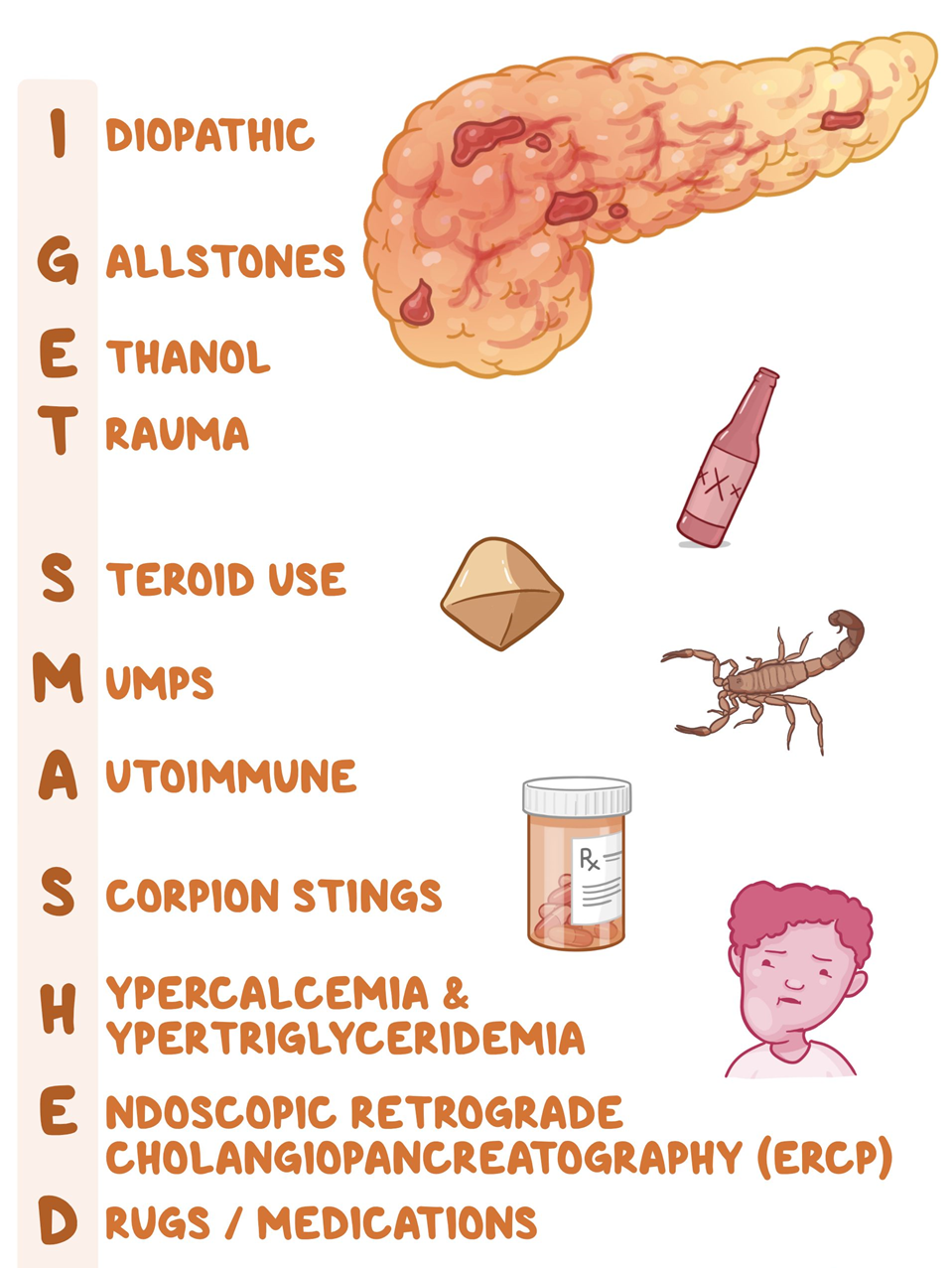Following a recent exacerbation of heart failure, an 80-year-old widow is investigating several assisted living facilities. Which characteristic about a facility under consideration would most likely be considered atypical?
The bathroom organization is modified to accommodate physical disabilities.
A program where each client checks up on a designated neighbor once per day.
Twenty-four hour, on-site nursing care is provided at the facility
The facility prioritizes self-care over medical treatment.
The Correct Answer is C
A. The bathroom organization is modified to accommodate physical disabilities: This characteristic is typical for assisted living facilities, as they often provide accommodations for residents with physical disabilities to enhance accessibility and promote independence in activities of daily living, including bathing and toileting.
B. A program where each client checks up on a designated neighbor once per day: This characteristic is somewhat typical for assisted living facilities that promote a sense of community and social support among residents. Such programs encourage social interaction, mutual assistance, and a sense of belonging among residents, contributing to their overall well-being.
C. Twenty-four hour, on-site nursing care is provided at the facility: This characteristic is atypical for most assisted living facilities, as they typically provide assistance with activities of daily living and medication management but do not offer round-the-clock skilled nursing care. Assisted living facilities are designed for individuals who need some assistance with daily tasks but do not require the level of medical care provided in skilled nursing facilities.
D. The facility prioritizes self-care over medical treatment: This characteristic is somewhat typical for assisted living facilities, as they generally focus on promoting independence, autonomy, and self-care among residents while also providing assistance with activities of daily living as needed. However, this does not mean that medical treatment is entirely disregarded; rather, assisted living facilities aim to strike a balance between supporting residents' self-care abilities and addressing their healthcare needs through appropriate services and resources.
Nursing Test Bank
Naxlex Comprehensive Predictor Exams
Related Questions
Correct Answer is A
Explanation
A. A central focus of adult day care is providing respite for caregivers:
Adult day care centers are designed to offer daytime care and supervision for older adults who may need assistance or supervision due to cognitive or physical impairments. One of the primary goals of adult day care is to provide respite for family caregivers, giving them the opportunity to work, attend to personal matters, or simply take a break from caregiving responsibilities while knowing that their loved one is in a safe and stimulating environment.
B. Older adults can go to a single location for their medical care:
While some adult day care centers may offer limited health-related services such as medication management or basic health monitoring, their primary focus is not to serve as a location for comprehensive medical care. Adult day care centers typically focus on socialization, activities of daily living assistance, and supervision rather than providing medical treatments.
C. Clients, primarily with severe illnesses, typically qualify for this care:
Adult day care services are not exclusively for individuals with severe illnesses. They cater to a range of older adults with varying levels of functional and cognitive abilities. While some clients may have conditions like Alzheimer's disease or other forms of dementia, others may attend for socialization, safety monitoring, or assistance with activities of daily living.
D. The main goal of adult day care is to provide protection for older adults at risk:
While ensuring the safety and well-being of older adults is an important aspect of adult day care, the primary goal is to support both the older adult and their family caregivers. This support includes providing socialization, cognitive stimulation, assistance with activities of daily living, and respite for caregivers.
Correct Answer is A
Explanation
A. Fried chicken with collard greens: Fried foods are high in fat, which can exacerbate symptoms of pancreatitis. Collard greens, although a vegetable, are often prepared with added fats. This choice would warrant a teaching plan on avoiding high-fat foods to prevent aggravating pancreatitis.
B. Grilled salmon with summer squash: Grilled salmon is a lean protein source and summer squash is a low-fat vegetable. This choice aligns well with dietary recommendations for pancreatitis management, so no additional teaching plan may be necessary.
C. Tomato sandwich on white bread: Tomatoes are acidic and may cause discomfort for some individuals with pancreatitis. White bread is refined and lacks fiber, which may not be ideal for digestive health. This choice could prompt a teaching plan on selecting foods that are gentle on the digestive system and higher in fiber.
D. 2% milk with high-fiber cereal: While 2% milk is not excessively high in fat, it still contains some fat which may be problematic for pancreatitis. High-fiber cereal is generally a good choice, but it depends on the specific ingredients and whether they are well-tolerated by the individual. This choice could lead to a teaching plan on selecting low-fat dairy alternatives and choosing high-fiber foods that are easier on the digestive system.

Whether you are a student looking to ace your exams or a practicing nurse seeking to enhance your expertise , our nursing education contents will empower you with the confidence and competence to make a difference in the lives of patients and become a respected leader in the healthcare field.
Visit Naxlex, invest in your future and unlock endless possibilities with our unparalleled nursing education contents today
Report Wrong Answer on the Current Question
Do you disagree with the answer? If yes, what is your expected answer? Explain.
Kindly be descriptive with the issue you are facing.
